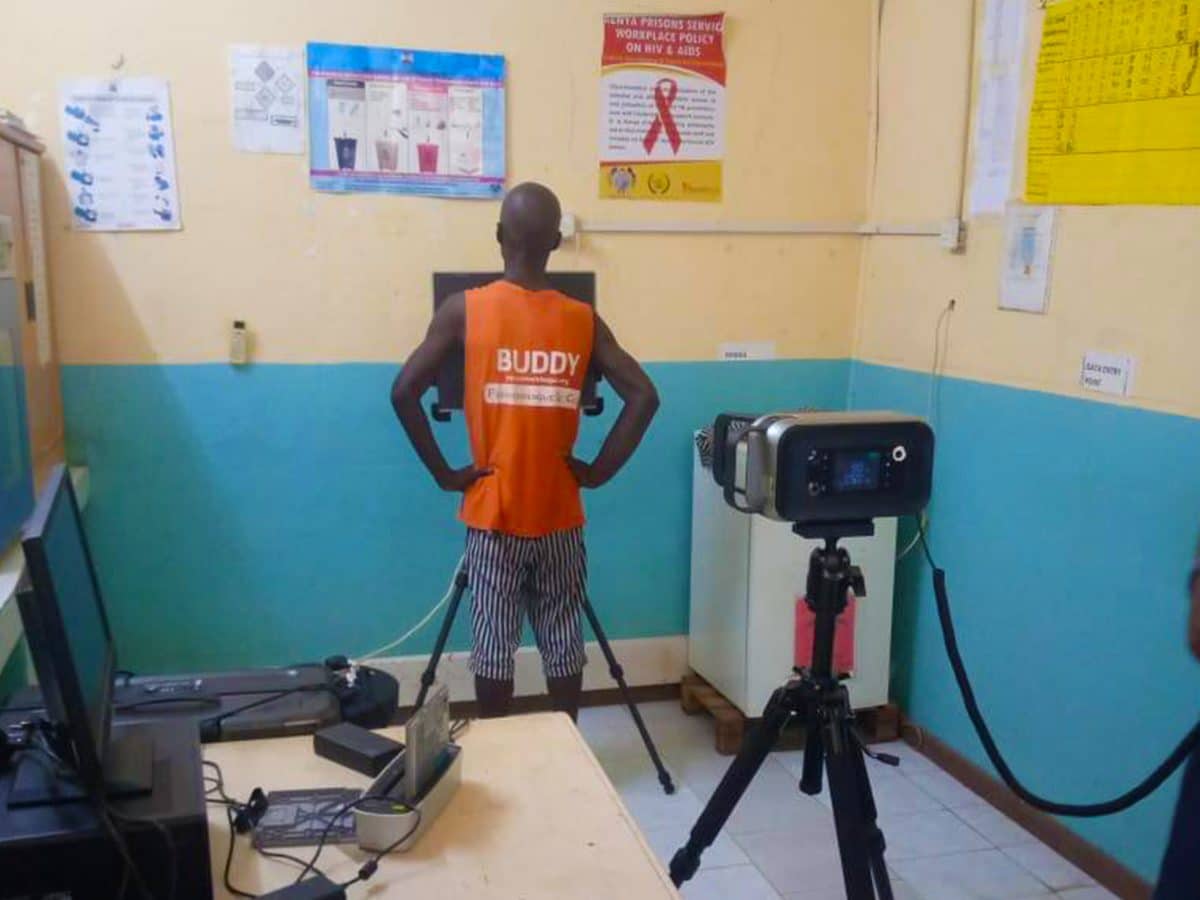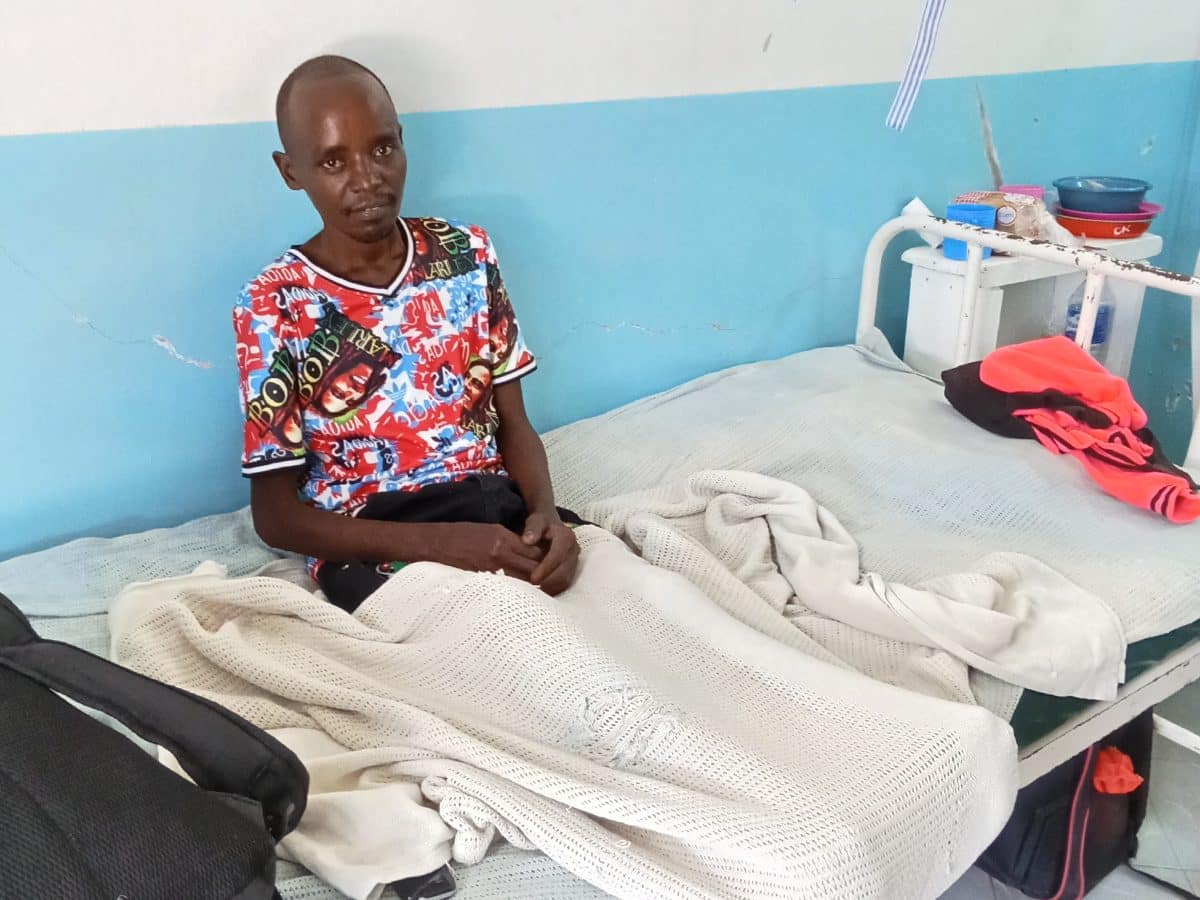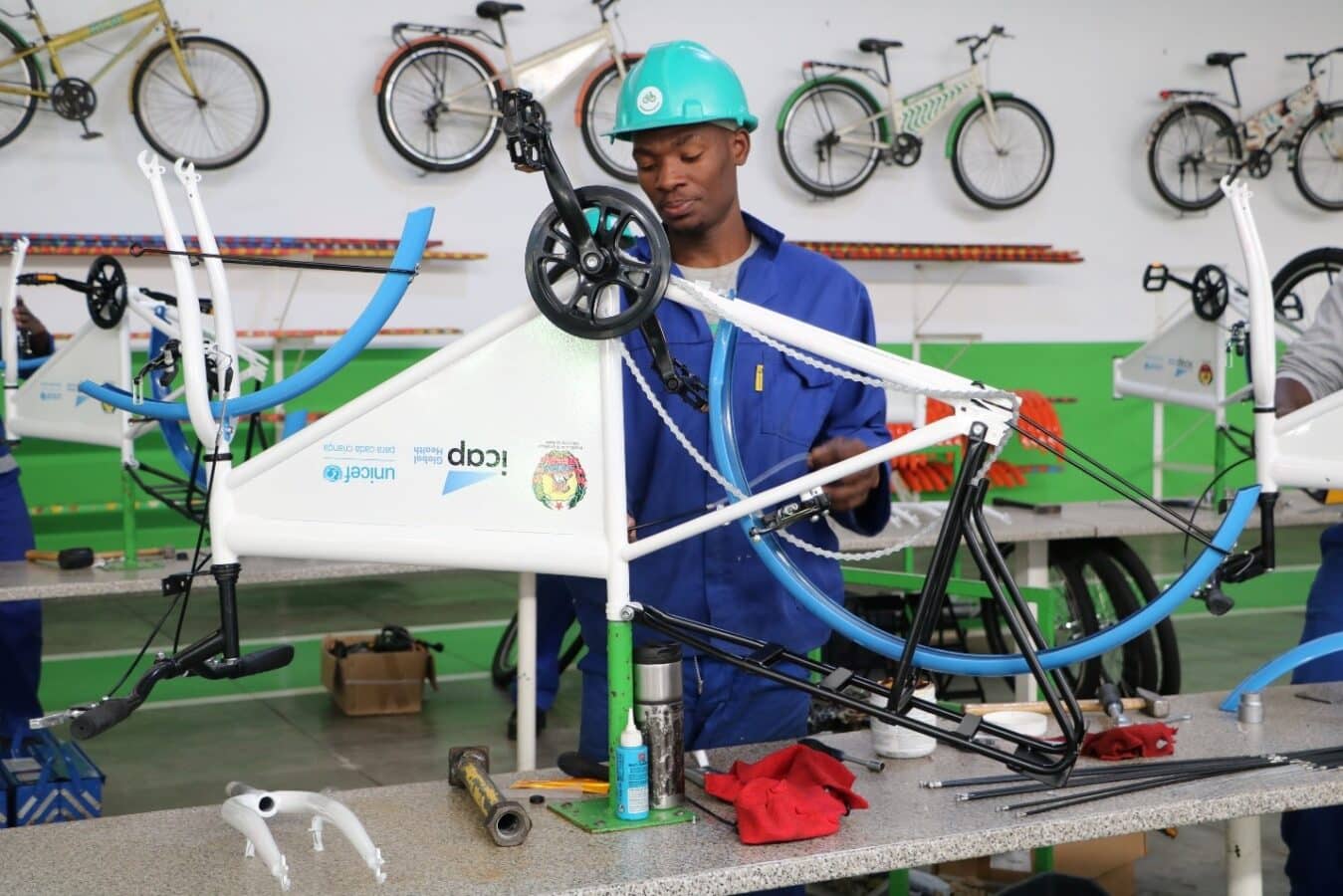It all started at a drag brunch.
In May of 2021, ICAP’s Harlem Prevention Center (HPC) in New York City launched the I AM study, which aims to test the feasibility and impact of providing oral pre-exposure prophylaxis (PrEP) alongside gender-affirming hormone therapy to transgender women. HPC is one of five clinical research sites in cities in the United States and Brazil selected to conduct the study by the HIV Prevention Trials Network, a global clinical trials network that develops and tests interventions to prevent HIV infection.
“This study is the first of its kind in the HIV Prevention Trials Network, focusing specifically on making HIV prevention, namely pre-exposure prophylaxis or PrEP, fit into the lives and health priorities of the trans-feminine community,” explained Nora Howell, ICAP’s Community Educator at HPC, who led the team’s recruitment and accrual efforts.
In all countries where data are available, transgender women bear a disproportionate burden of HIV infection, with an estimated global prevalence of 19 percent. This translates into a 49-fold increased odds of HIV infection compared to other adults of reproductive age. In New York City, annual HIV diagnoses of transgender women fell by only a quarter of a percent between 2001 and 2021. Men who have sex with men (MSM) witnessed a drop of almost three percent during that same period, while men and women overall experienced a drop in new annual HIV diagnoses of five percent and nine percent respectively.
In the I AM study, all participants are offered PrEP through HPC. Half the participants also immediately receive six months of gender-affirming hormone therapy and structured support from a transgender female peer health navigator. The other half receive these additional services after six months in study follow-up. All participants are linked to needed services, including gender-affirming care, when not receiving it through HPC.
“We have this question: If gender-affirming hormone therapy and gender-affirming care in general strengthens the package of HIV prevention services for transgendered women, how should we ensure access to it?” explained Julie Franks, PhD, Assistant Professor in Sociomedical Sciences (in ICAP) and HPC’s principal investigator for the study. “Should we recommend those services always be co-located, or is a robust network of transgender care providers who we can link PrEP clients to a viable strategy?”
Howell and the ICAP team quickly realized that recruiting for the study would be more challenging than for other studies. For starters, the study launched in the middle of the COVID-19 pandemic and many communities in New York City were meeting online instead of in-person, if at all. But other challenges that were specific to women of trans experience. For example, several previous studies conducted at HPC engaged men who have sex with men, and though the study participants were often struggling with homelessness, substance use, and little or no money for transportation, “they came, they always came in,” recalled Franks.
“Men can move around public spaces with relative comfort, but sometimes it takes more to get transgender women who are interested in the study physically in the door,” she explained. “They can be more hesitant to come some place that’s new to them, or to come alone.”
Because of the center’s location in Harlem, many study participants are women of color. Howell said while she had hoped being a woman of color herself would help her in gaining the trust of potential study participants, she soon learned that it wasn’t enough, in part because she was not part of the trans-feminine spectrum. Everything changed, however, with the addition of two peer navigators to HPC’s I AM team, Keona Lewis and Ocean Rivera, both of whom identify as women of trans-experience and as women of color.
That’s when “things started happening,” said Lewis, beginning with the drag brunch in honor of pride month in June 2021. The community-sponsored event included performers from the trans-feminine community in Harlem, and enabled the team to get a foot in the door. It helped that Lewis was already well-known in the New York City ballroom scene.
“We did recruit people from this event,” Howell recalled, “But the biggest and best part of it was the community saw the direct support of ICAP for women of trans experience. The woman who hosted the show, who is now on our community advisory board, she got up on the mic and said ‘ICAP is here, they have an interesting study.’ And she let them know that we actually care about and support women of trans experience.”
“Having two peer navigators being able to vouch for us in person, it helped to get potential participants in the door. It made a huge difference,” Franks explained.
“People want to talk to people who look like them and who understand what they go through and how they live their lives,” Rivera said. Rivera and Lewis would sometimes meet the study recruits at train stops to make them feel more comfortable walking through the neighborhood, and they quickly educated building and other staff about the importance of using correct pronouns and names for the visiting women.
Soon the team was attending not only parties and nightclubs to network and find potential new recruits, but also homeless shelters as many of the women in the study’s population struggle with homelessness, domestic violence, substance use, and unemployment, all of which puts them at heightened risk for HIV. By the time enrollment ended in December 2022, HPC clinicians had conducted a basic health assessment as part of the study screening with over 250 women from the trans community. For many women, it was their first encounter with a health care professional in some time, whether because of lack of insurance or difficulties in finding transgender-informed care. In the screening visit some learned for the first time about health threats like hypertension, pre-diabetes – and HIV infection.
The study enrollment concluded last December, and the I AM team is now working on retention. Franks said she saw a need for the study that goes beyond answering the question about how to best offer PrEP to women on the trans-feminine spectrum.
“We need to prove it’s feasible to recruit and retain transgender women so that other researchers have more of a foundation to build on,” she said, pointing to the dearth of public health studies on the trans population. “And when they apply to the NIH for money to do an exclusively transgender population study, they can always point to us to say this is feasible to do.”
“Everybody knew we had a lot to learn in terms of how to recruit,” she added.
Rivera said that she often brought up the importance of the study as part of her enrollment efforts.
“I would tell them this study is for girls like us, it’s to help change the world,” she said. “You being part of this study is not only helping you get access to PrEP and gender-affirming care and resources, it’s going to prove to people this study was needed. It’s the first of its kind and you being part of it is making history.”
I AM is a study by the HIV Prevention Trials Network and sponsored by the Division of AIDS, National Institute of Allergy and Infectious Diseases, US National Institutes of Health.
About ICAP
A major global health organization that has been improving public health in countries around the world for two decades, ICAP works to transform the health of populations through innovation, science, and global collaboration. Based at Columbia Mailman School of Public Health, ICAP has projects in more than 40 countries, working side-by-side with ministries of health and local governmental, non-governmental, academic, and community partners to confront some of the world’s greatest health challenges. Through evidence-informed programs, meaningful research, tailored technical assistance, effective training and education programs, and rigorous surveillance to measure and evaluate the impact of public health interventions, ICAP aims to realize a global vision of healthy people, empowered communities, and thriving societies. Online at icap.columbia.edu








